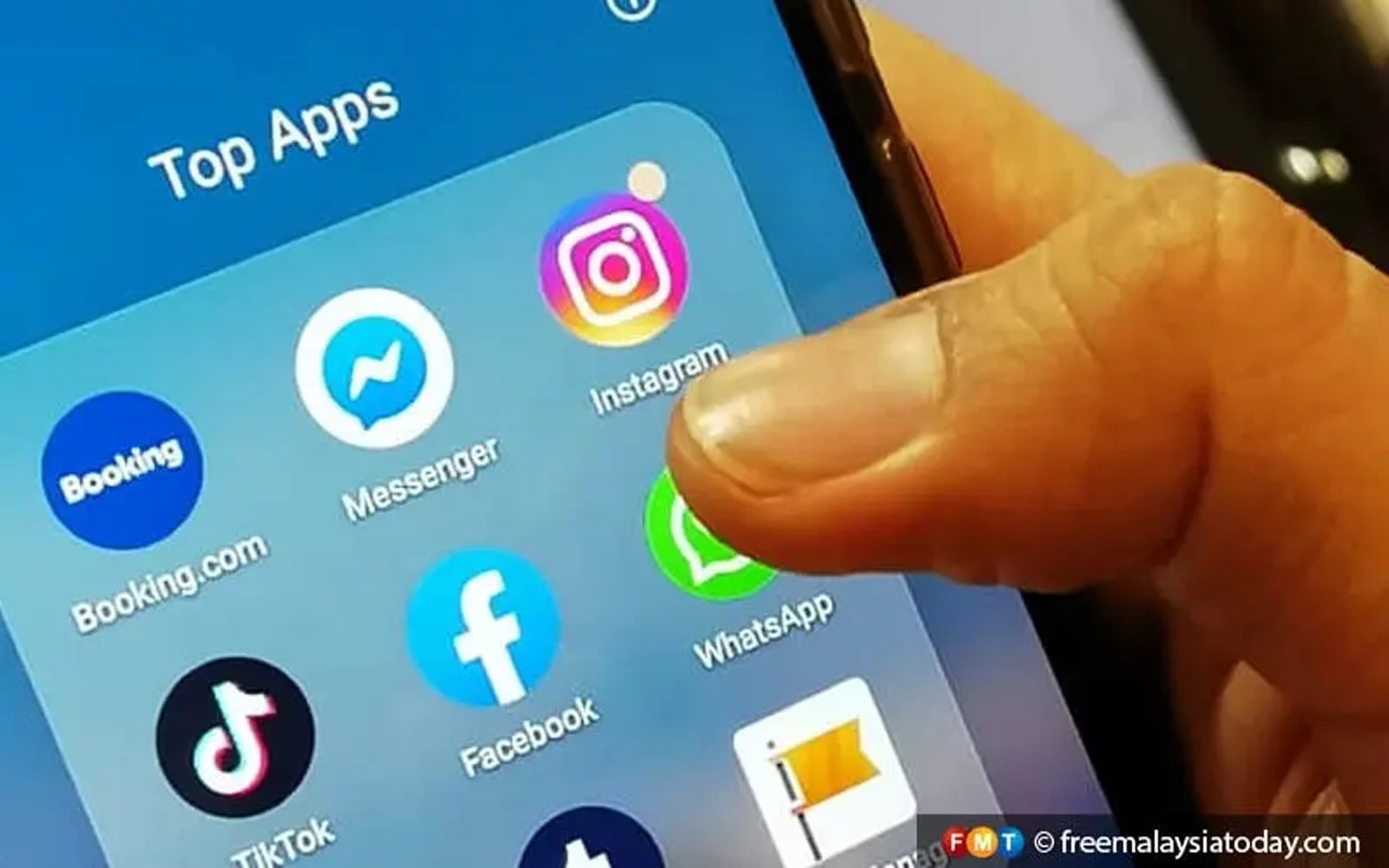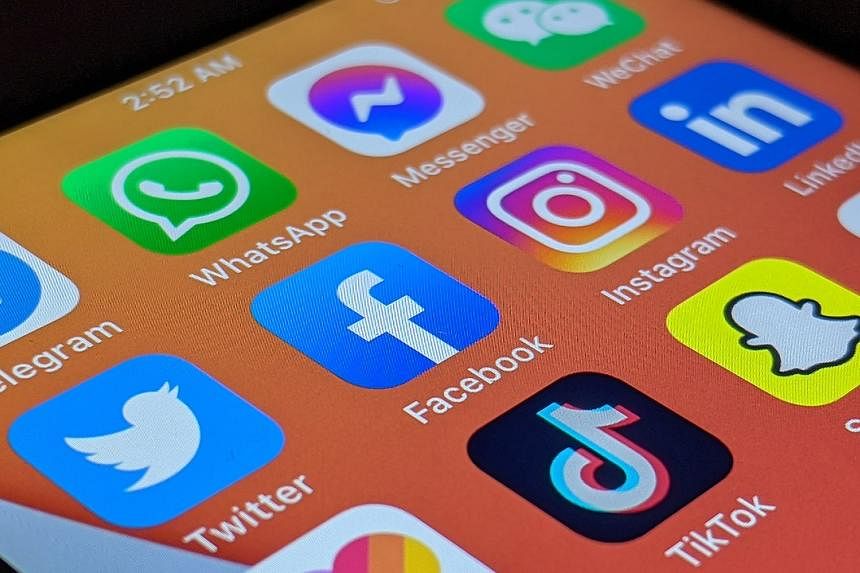Malaysia has introduced a new regulatory framework requiring social media and online messaging platforms with a huge user base to apply for a government license. This new policy was announced by the Malaysian Communications and Multimedia Commission (MCMC) and it is set to take effect on August 1, 2024, and targets platforms with more than eight million users in the country.

Also Read: Apple Maps Launches Web Beta to Challenge Google Maps
The MCMC announced that the regulatory framework would be enforced from January 1, 2025. Social media and messaging platforms with at least eight million registered Malaysian users must apply for a license.
Major platforms such as Facebook, Instagram, WhatsApp, YouTube, TikTok, Telegram, X (formerly known as Twitter) and WeChat are expected to comply.
Platforms need to obtain an Applications Service Provider Class Licence under the Communications and Multimedia Act 1998. Failure to obtain the license will result in legal action under the act.
A primary motivation is to combat the surge in cybercrime including scams and sexual crimes against children. There is a strong focus on enhancing content moderation to ensure platforms are accountable for the content shared on their platforms.
Platforms are encouraged to improve their understanding of local languages and cultural contexts to better moderate harmful content.
Deputy Communications Minister Teo Nie Ching addressed the urgency due to rising cybercrimes and online fraud.
The government reported financial losses due to online scams with RM1.2 billion lost in 2023 alone. Sexual crimes involving children have also seen a rise.
Licensing will be governed under the Communications and Multimedia Act 1998. Platforms are currently exempt from licensing due to the Communications and Multimedia (Licensing) (Exemption) Order 2000.
The primary goal of the new licensing requirement is to combat the increasing instances of cyber offences such as scams, cyberbullying and sexual crimes.
The Malaysian government has reported a sharp rise in harmful content on social media platforms.
The MCMC has addressed the need for a safer internet environment for children and families. By holding social media platforms accountable, the government aims to reduce exposure to harmful content and improve overall user safety.
The licensing requirement applies to social media and internet messaging services that have at least eight million registered users in Malaysia.
Major platforms like Facebook, Instagram, WhatsApp, TikTok, WeChat, Snapchat, Line, Telegram and YouTube are expected to be affected by this new regulation.
While the regulation clearly targets social media and messaging platforms, there is some ambiguity about whether online meeting platforms like Zoom, Microsoft Teams or Google Meet will be subject to the same licensing requirements.
Similarly publishing platforms such as Newswav, Substack and Medium have not been explicitly mentioned.
Social media platforms must begin applying for the license starting August 1, 2024. The enforcement of the licensing requirements will begin on January 1, 2025. Platforms that fail to comply by this date will face legal consequences.
Also Read: Meta Unveils Llama 3.1: The Largest Open-Source AI Model Yet
The MCMC’s new regulatory framework aligns with the Cabinet’s decision that social media services and internet messaging platforms must comply with existing Malaysian laws aimed at fighting cyber offences.
Platforms that do not obtain the required license by the enforcement date will be subject to legal action under the Communications and Multimedia Act.
Deputy Prime Minister Datuk Seri Dr. Ahmad Zahid Hamidi has warned that non-compliant platforms could face bans from operating in Malaysia.
Communications Minister Fahmi Fadzil has highlighted the low compliance rates of some platforms with Malaysian laws.
Instagram leads with an 88% compliance rate while platforms like Telegram and TikTok have lower rates of 73% and 76% respectively. X has the lowest compliance rate at 25%.
Some say that the licensing requirement could be used to suppress dissent and limit freedom of expression.
A coalition of 44 organizations and 23 activists described the licensing as a blatant abuse of power and an attack on a healthy, functioning democracy.
Under Prime Minister Anwar Ibrahim, there have been increasing requests for content takedowns. Malaysia’s World Press Freedom ranking dropped from 73rd to 107th.
Some including Lawyers for Liberty (LFL) argue that the government has a track record of removing critical content and could exploit the licensing for political gains.
Countries like Singapore and the UK have introduced online safety acts aimed at creating safer digital environments.
The European Union’s Digital Services Act 2023 also targets online platform regulation to protect user rights and transparency.
Indonesia’s Ministerial Regulation requires platforms to comply with takedown requests within specified timeframes or face consequences. This regulation covers a wide range of platforms including streaming services and eCommerce.
The possibility of being banned from the Malaysian market is a risk for non-compliant platforms. With a population of over 28.68 million actively maintaining a social media presence losing access to the Malaysian market could have repercussions for these companies.
Platforms must apply for the license starting August 1, 2024. They will have a five-month window to comply before enforcement begins on January 1, 2025.
Also Read: Elon Musk’s xAI Launches the World’s Most Powerful AI Training Cluster in Memphis























